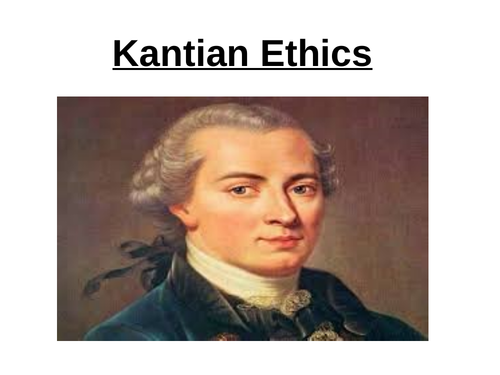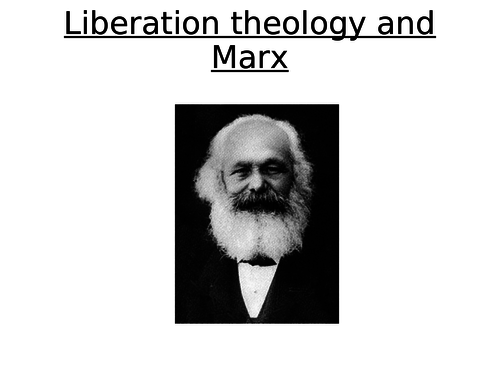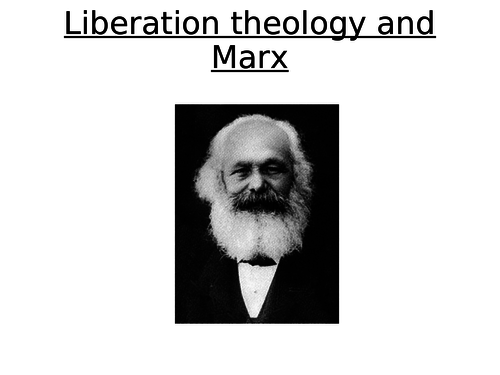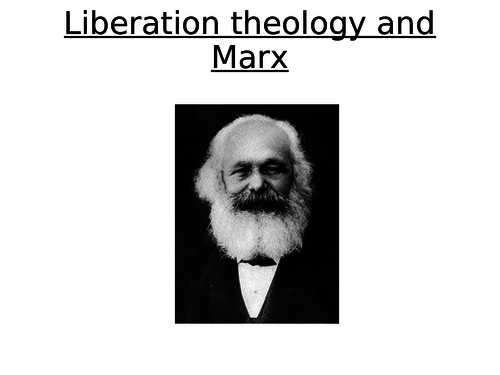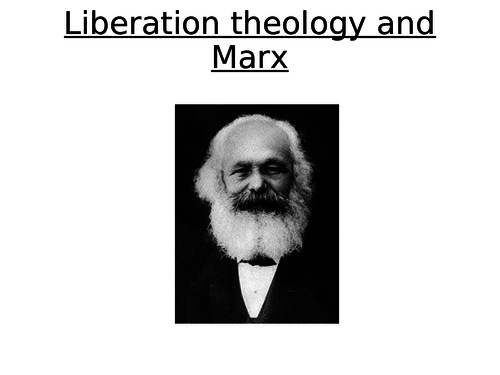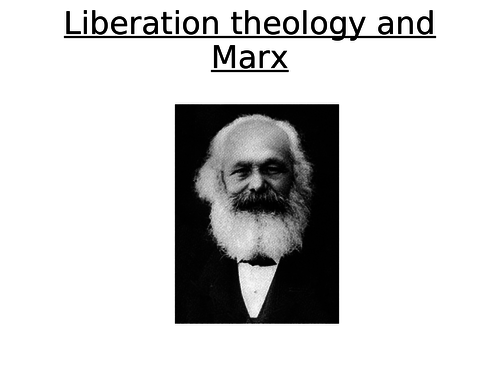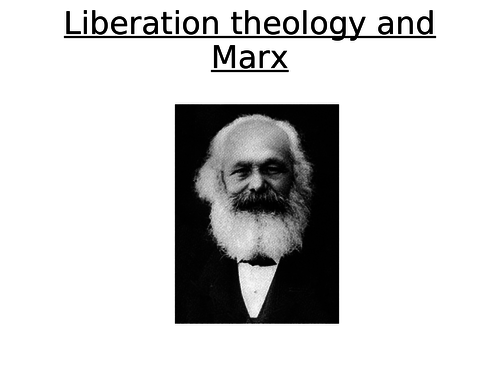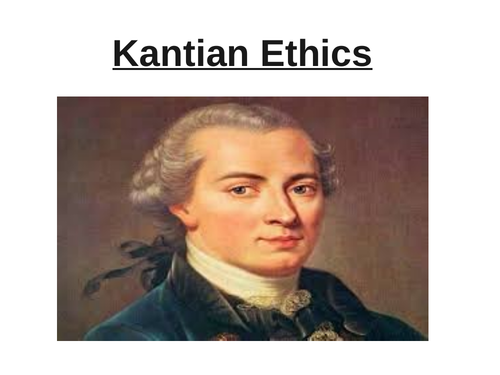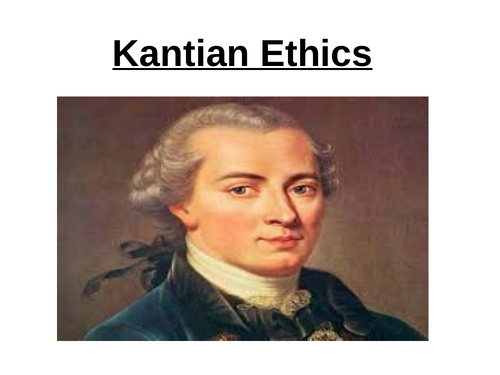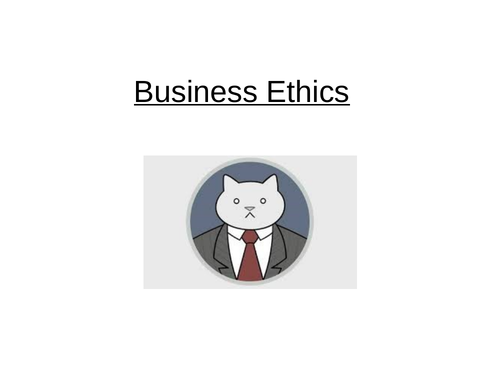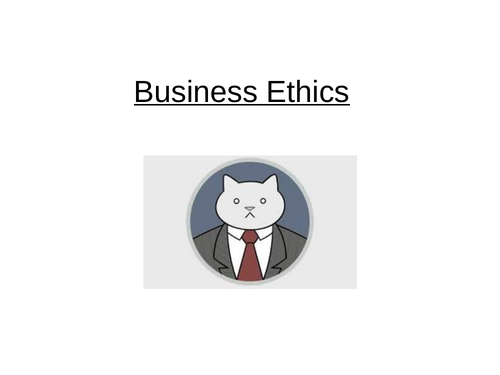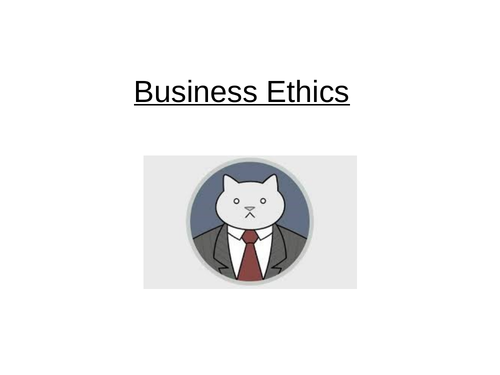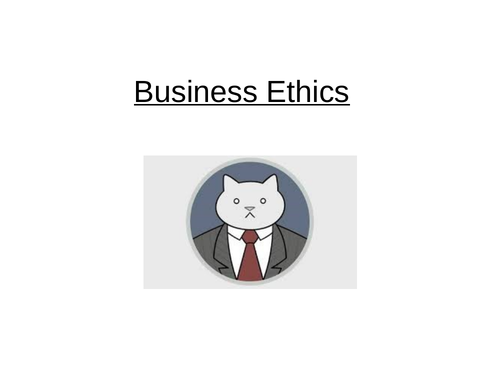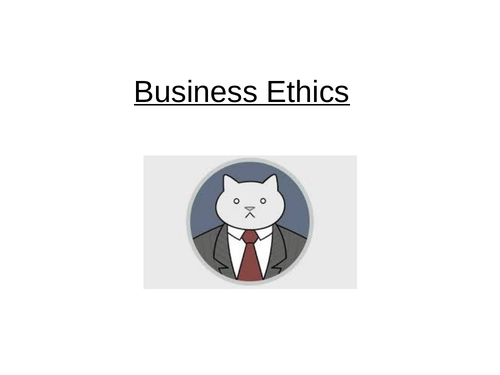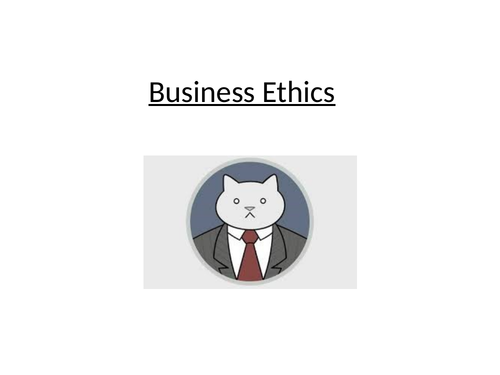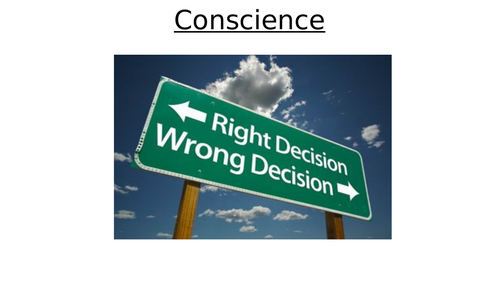
36Uploads
7k+Views
846Downloads
All resources

Kantian Ethics the 2nd formulation of the categorical imperative
Kantian Ethics OCR. This powerpoint helps students to understand what treating someone as a means to an end means, applying this to examples and critically assess whether this aspect of Kant’s theory is strong or weak.

OCR A Level Liberation Theology The Catholic Church and Liberation Theology
This is the Liberation Theology Module in Developments in Christian Thought. It focuses on reasons why the Church has reservations about the use of Liberation Theology, whether the Church is correct and whether the Church should use any theories which contain secular ideologies.

OCR A Level Liberation Theology Preferential Treatment for the Poor
This is the Liberation Theology Module in Developments in Christian Thought. It focuses on reasons Christians would choose preferential treatment for the poor, John Paul II’s understanding of preferential treatment for the poor and whether it is right to prioritise the poor over another group from a Christian standpoint.

OCR A Level Liberation Theology Marx and Alienation
This is the Liberation Theology Module in Developments in Christian Thought. It focuses how capitalism, alienation and exploitation are linked.

OCR A Level Liberation Theology and Marxism engaging with each other
This is the Liberation Theology Module in Developments in Christian Thought. It focuses on why some philosophers argue that there is too much engagement with Marxism and others too little. It also considers whether despite its atheistic nature Marxism and Christianity can still engage.

OCR A Level Liberation Theology Orthodoxy and Orthopraxis
This is the Liberation Theology Module in Developments in Christian Thought. It focuses on whether the three mediations of second act praxis are useful in understanding how to help the poor.

OCR A Level Liberation Theology Christianity and Marx's approach to social Issue
This is the Liberation Theology Module in Developments in Christian Thought. It focuses on understanding Marxism’s approach to social issues and to know Christianity’s approach. It considers reasons why Christianity may be considered more hopeful and relevant than Marx in tackling poverty and evaluates whether Marx , Christianity of a combination of the two should be used to tackle social issues.

Is Kantian Ethics helpful
Kantian Ethics OCR . This powerpoint gives examples from Pojman which show Kantian ethics is not wholly successful. It looks at whether motive or consequences are more important in ethical decision making and considers whether Kantian ethics is too abstract when it comes to deciding right and wrong action.

Kantian Ethics a discussion of the three postulates
Kantian Ethics OCR. This powerpoint enables students to be able to outline the three postulates, Freedom, Immortality and God and demonstrate how they link to each other. They also evaluate whether the concept of freedom, immorality or God is of more value.

Business and Stakeholders
This resource is for OCR Philosophy and Ethics and is focused on the Business Ethics Unit. This resource explains what stakeholders are and explains why corporate responsibility may extend to them. It also considers whether business can choose to ignore stakeholders when making decisions.

Globalisation
This resource is designed for OCR Religious Studies Philosophy and Ethics. It is appropriate for use in the business section in ethics. It explains what globalisation is and whether it is ethical or not. It also considers case studies which may apply.

Whistleblowing
This resource is designed for OCR Religious Studies Philosophy and Ethics. It focuses on what whistleblowing is and whether this is ethical whilst linking to case studies concerning whistleblowing.

Business and Corporate Social Responsibility.
This resource is for OCR Philosophy and Ethics and is focused on the Business Ethics Unit. It discusses Friedman’s view concerning corporate social responsibility and why business’ need to take into account corporate social responsibility.

Is good ethics bad business?
This is a resource designed for OCR Religious Studies: Philosophy, Ethics and Development of Christian Thought. It is specifically aimed at the Business section of Ethics. It considers whether ethical behaviour in business is good or bad for it. It also considers whether Kantian ethics and utilitarian approaches are good or bad for business.

Discussing Business Ethics
This resource is designed for OCR Religious Studies Philosophy, Ethics and Development of Christian Thought. It is for the business ethics section. It considers the ideas of hypocritical window dressing, capitalism and globalisation. It considers how these ideas might link to case studies.

Comparing Freud and Aquinas
This resource is designed for OCR Religious Studies Philosophy and Ethics. It is appropriate for use in the conscience section in ethics. It compares what Freud and Aquinas thought about guilt, God and the process of moral decision making.

